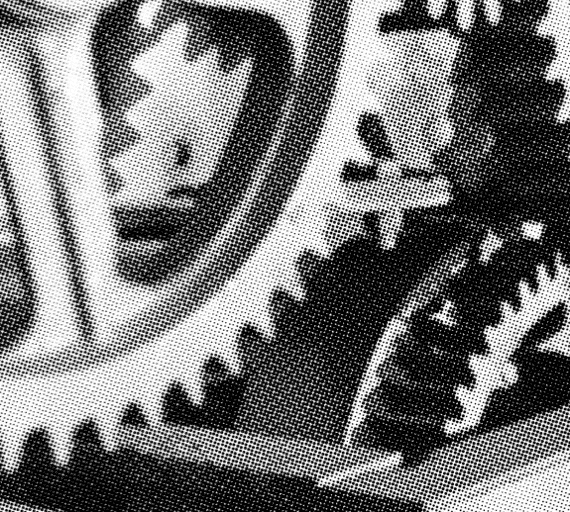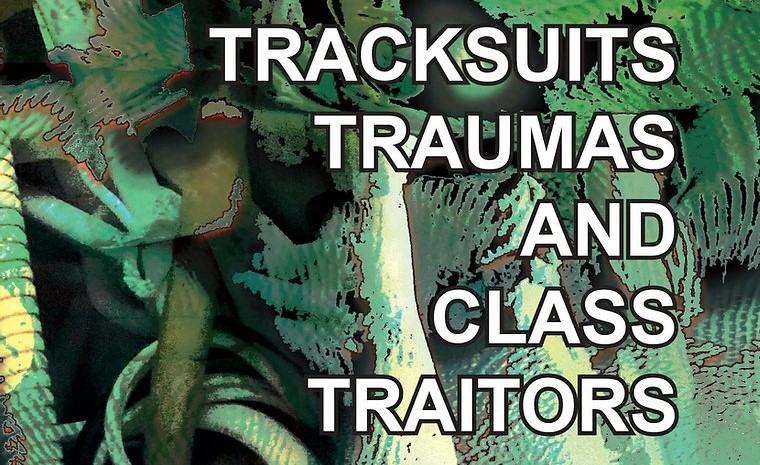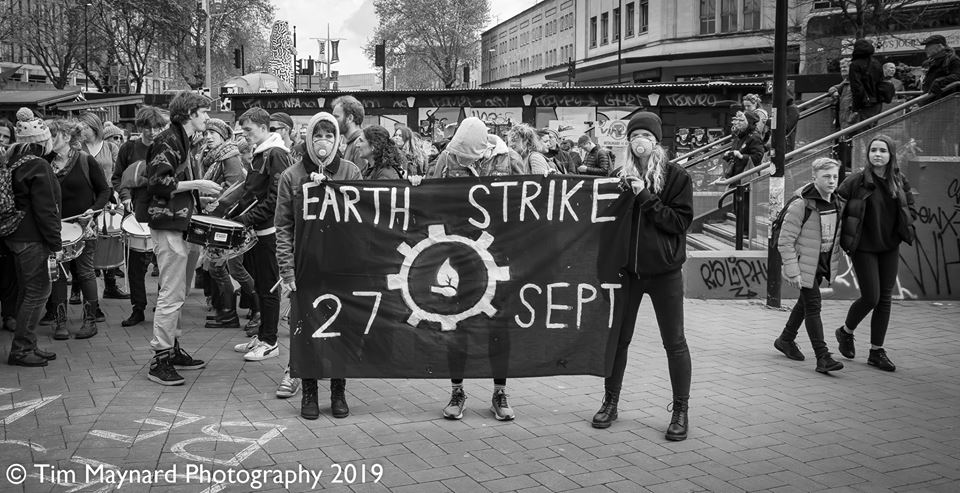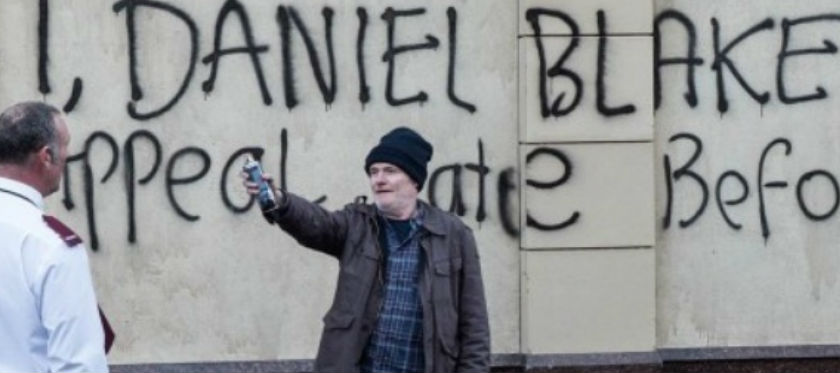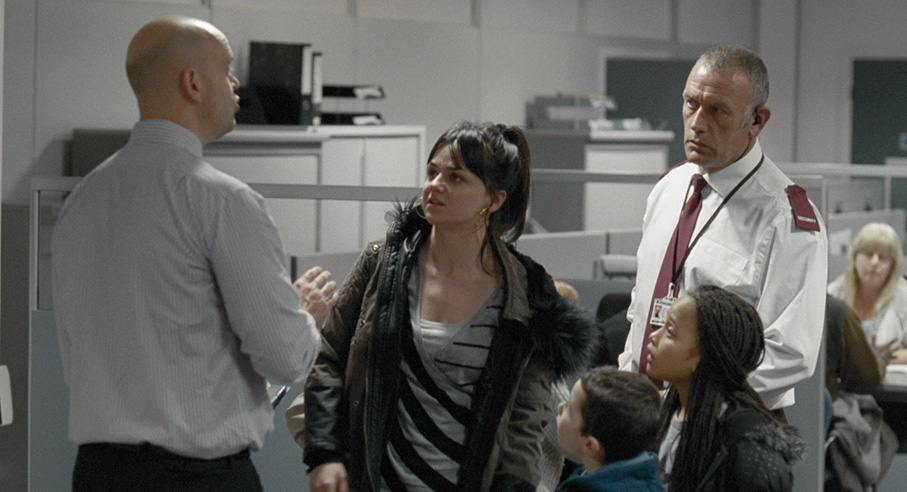This project comes from a desire to change the way we’re thinking about the world and about activism – to start from our experience and emotional states, to foreground issues like anxiety and subjectivity, to make those things a key part of and starting place for our strategy, and to have that inform our actions.
So what is it? – A tool from our collective past
70s socialist feminism has a special place in Plan C’s collective heart. It’s one of the things that makes many of us like the organisation so much, and hope that it has the potential to be of some real use in recomposing a left which is adequate to its task of destroying contemporary capitalism. We read and admire their praxis. Now we want to try taking hold of one of their most powerful, and central, tools for developing theory and action: consciousness raising.
Consciousness raising groups – groups of no more than 12 women who met up regularly to discuss their lives – were the backbone of second-wave feminism. They provided it with a wide and thoughtful base of supporters and militants who examined their lives, took hold of their experiences, politicised them, developed theory based on them, and took action relevant to them. We hope it is clear that we are not just talking about consciousness-raising as a pedagogical method – of disseminating already-constructed theory, in the hope of marshalling people towards readymade action – but consciousness-raising as a radical tool for collectively creating theory and collectively devising praxis. There is a lot we need to learn that we can – and should – read in books (and archives). But there’s a lot that we need to learn which can only come from a collective and sustained examination of our own lives and experiences.
Consciousness-raising groups
We invite you to join us in setting up consciousness-raising groups. These groups will be limited to no more than 12 people, in order that they can be intimate enough for everyone to be able to speak. They are open to all Plan C members, as well as friends of Plan C and fellow-travellers. They will be mixed groups. In London the initial idea is that they will meet monthly, although ideally groups would meet more often than this. The conversations should be structured around specific questions asking about our experiences of gender, race, class, precarity, sexuality and work. The questions proposed are:
- How does telling people what you do for money make you feel?
- What does your gender enable you to do?
- How do you feel at the end of a day’s work?
- Who do you care for? Who cares for you?
- How much of your time do you spend supporting other people?
- What was the worst thing you ever did for money?
- To what extent does the gender which other people ascribe to you match your self-perception?
- Who do you compete with?
- How is your performance monitored in the workplace?
- How is your performance monitored at home?
- Are you ever unobserved?
- Who are you attracted to and why?
- What parts of yourself are unmarketable?
- Are you needed?
- What would happen if you went AWOL for a day?
- How do you feel in public space?
- Do you know what will be paying your bills in six months’ time?
- Do you ever forget what gender you are? Class? Race?
- What’s the difference between your sexual feelings for women and men?
We aim to structure discussions in such a way as to enable everyone to speak, using go-rounds and other ways of making sure everyone has a voice, whilst not over-structuring conversation so as to inhibit dialogue and conflict.
We will need to be live to the way in which we all simultaneously suffer from and perpetuate structures of capitalist oppression – patriarchy, white supremacy, competitive neoliberal subjectivities; the ways in which we benefit from them at the expense of others, and the ways in which they do violence to us. These benefits and oppressions will obviously be distributed differently and unevenly among us, according to our different subject-positions. Part of the point of the project will be an exploration of the ways this operates, whilst also remaining live to the fact that our liberation is bound up with each other’s.
Why consciousness raising? – capitalism and subjectivity
The creation and transformation of subjectivity – by which we mean the making and remaking of people, our emotions, bodies, desires – is the engine of contemporary capitalism. We all of us in our public, private, working and emotional lives – as parents, consumers, lovers, militants, boyfriends, mothers, objects and subjects of anxiety and desire – support and interact in many ways with this power structure. Capitalism expresses itself through who we are to one another. And this is inflected and organised by multiple lines of intersecting oppression, unhappy categories which structure how we live in the world: race, class, gender.
While this is all obvious to us, it’s also complex and opaque. Some of us spend lots of time reading about (and experiencing) gender and intersectional oppression; some of us spend lots of time reading about (and experiencing) precarity and capitalist subjectivity. (These are not exclusive.) But none of us are sure about how to get together and abolish this oppression. Indeed, though we struggle against it (both in Plan C and in the many other things we do in our lives to resist and build different worlds), we are also complicit in it.
What do we hope to achieve?
The overarching aim of this project is to deepen and develop Plan C’s intersectional analysis of capitalism, through an examination of how it operates in our own lives.
As noted in the anxiety article, “we need to create a profusion of discussions which produce dense intersections between experiences of the current situation and theories of transformation.” The article helpfully summarises and lists the central intentions of consciousness-raising projects:
– Producing new grounded theory relating to experience. We need to reconnect with our experiences now. The idea here is that our own perceptions of our situation are blocked or cramped by dominant assumptions, and need to be made explicit.
– Recognising the reality, and the systemic nature, of our experiences. We need to affirm that our pain is really pain, that what we see and feel is real, and that our problems are not only personal. Sometimes this entails bringing up experiences we have discounted or repressed. Sometimes it entails challenging the personalisation of problems.
– Transformation of emotions. People are paralysed by unnameable emotions, and a general sense of feeling like shit. These emotions need to be transformed into a sense of injustice, a type of anger which is less resentful and more focused and a reactivation of resistance.
– Creating or expressing voice. Existing assumptions need to be denaturalised and challenged, and cops in the head expelled. The exercise of voice moves the reference of truth and reality from the system to the speaker, contributing to the reversal of perspective – seeing the world through one’s own perspective and desires, rather than the system’s. The weaving together of different experiences and stories is an important way of reclaiming voice. The process is an articulation as well as an expression.
– Constructing a disalienated space. Social separation is reduced by the existence of such a space. The space provides critical distance on one’s life, and a kind of emotional safety net to attempt transformations, dissolving fears. This should not simply be a self-help measure, used to sustain existing activities, but instead, a space for reconstructing a radical perspective.
– Analysing and theorising structural sources based on similarities in experience. The point is not simply to recount experiences but to transform and restructure them through their theorisation. Participants change the dominant meaning of their experience by mapping it with different assumptions. This is often done by finding patterns in experiences which are related to liberatory theory, and seeing personal problems and small injustices as symptoms of wider structural problems. It leads to a new perspective.
How’s this different from therapy?
It is important to understand that what is being proposed is not group therapy (though we are more than happy for it to produce therapeutic side-effects; as well as to strengthen solidarity by creating and intensifying affective ties). This practice cannot be separated from our self-organisation and action as people engaged in struggle. We are doing this in order to act more powerfully and effectively as revolutionaries. But we believe that revolutionary strategy must always be based on collective discussions of the experience of life.
It is important also to note that we do not believe that any of us – even the most intersectionally-oppressed, even the most well-read – can simply look inwards and draw out sufficiently correct and powerful theory (although both the experience of oppression and the reading of books can help strengthen one’s analysis in different ways, one being much more pleasant than the other). Consciousness-raising does not involve holding up individual experience as the truth, but collectively connecting experience to the world and transforming it into action. Experience is the raw material – but collective discussion and thought is the tool which will transform it into something capable of raising our consciousness.
We invite you to join us in this experiment!
Please email us at london@weareplanc.org to get involved

